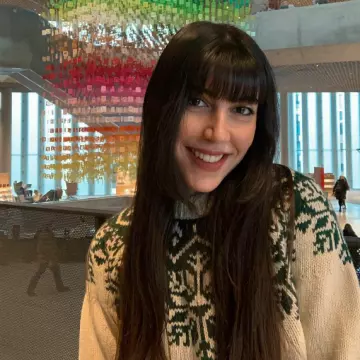
What Role Do International Students Play in Norway?
It’s time to ask ourselves how much our presence actually influences the country.
According to Hanna Ekeli, Director at the Department of Education services at the University of Oslo, UiO usually receives approximately 1500 new international students every autumn semester and at least 500 internationals every spring semester. In other words, we internationals constitute a huge community in the city population. As foreigners, we may to a large extent be so concerned with immersing ourselves in the new lifestyle and society that we sometimes forget: it’s a two-way process. If our presence is so consistent in Norway, we should expect to have an influence on it, too.
University & inclusion of internationals: a topic that stirs debate
University of Oslo is one of the most prestigious European universities, ranked as number 1 in Norway and number 101 in the world by QS World university rankings. Aware of the fact that it’s a coveted destination for thousands of students from outside Norway, UiO has drawn up a comprehensive policy of inclusion towards internationals through several charters. As can be inferred from the UiO strategy 2030, the institution holds dear the overall purpose of systematically creating a diverse, safe and inclusive working and learning environment for students and staff. In particular, as far as the international perspective is concerned, the document states that “since the societal challenges of our times require global solutions,” UiO will renew its international educational cooperation by facilitating, together with other research-intensive universities, integrated courses of study across languages and national borders.
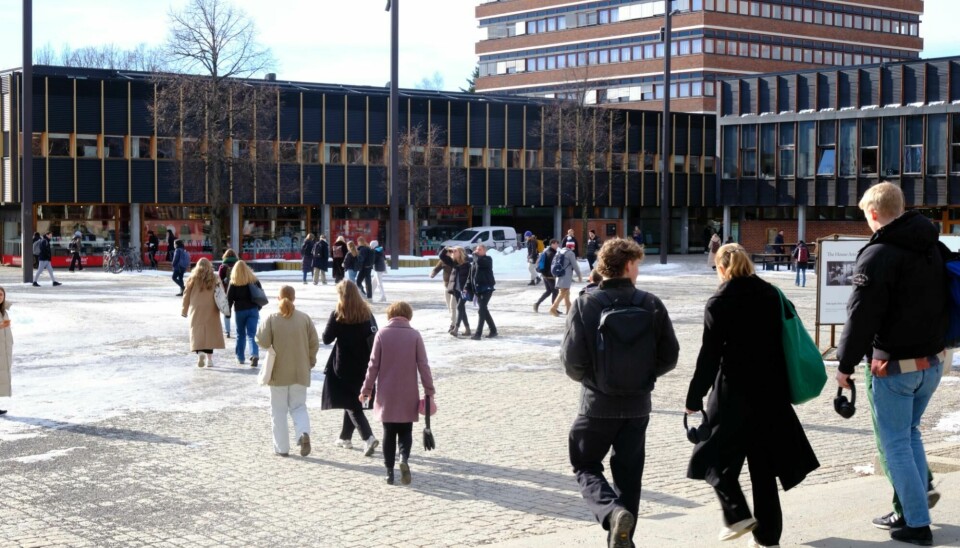
The effort in guaranteeing a successful integration is reaffirmed also in the University of Oslo’s Erasmus+ Policy Statement 2021-2027. In this document, the institution reiterates that it will “continue to receive a large number of international exchange and degree students on our campus, and work for their successful inclusion in a truly international learning environment for all students.”
Besides, according to the Erasmus Charter for Higher Education 2021-2027 that UiO has undertaken to follow, the institution has to “ensure equal and equitable access and opportunities to participants from all backgrounds, paying particular attention to the inclusion of those with fewer opportunities”, and not to forget to promote civic engagement and to encourage students to get involved as active citizens.
As someone might have noticed, these documents seem to focus mostly on EU citizens. But what about the situation of students from outside the EEA? Even though there aren’t many specific sources regarding the policy of inclusion towards them, it’s easy to guess that the introduction of tuition fees proclaimed by the Norwegian government will soon represent a considerable shift.
So this is what the matter looks like on paper; but what does the international community itself think about its presence inside the university’s environment, in reality?
All hunky-dory for exchange students
It was easy for me to feel integrated from the very beginning.
Han, an exchange student from South Korea
The majority of exchange students are overall satisfied with the welcome that the University of Oslo has given to them. According to Han, an exchange student from South Korea, “Both UiO and SiO have prepared successful programmes, rich with social events, to help international students to come into contact with one another. Therefore, it was easy for me to feel integrated from the very beginning.”
The buddy group, in particular, is considered to be an effective gimmick to make people mingle easily. “It represented a great help in building my international connections,” Han continues, “even though it’s a means that sometimes has its drawbacks: I’ve heard that right at the end of the buddy week’s activities, some groups were completely disbanded and have not been together since then. I suppose it’s an aspect that leaders should pay more attention to.”
Thereby, the feeling of integration is conveyed by the numerous meeting opportunities specifically dedicated to exchange students. Yet, as Ioana, an exchange student from Romania notices, “Most exchange students probably tend to define themselves as integrated, but more within the international community as a bubble, than within the Norwegian society itself.” Anyways, while exchange students have on the whole a positive opinion about the inclusion in the University’s environment, international full-time students’ opinions seem more divisive.
Different struggles for full-time students
Broadly, full-time students' status of internationals doesn’t appear to stand out within the University’s community. A fact that is viewed as positive by some, is regarded as negative by others. “The institution is doing a great job at taking care of students, whether they are from Norway or abroad,” as Mirga, a full time student from Lithuania, states. “I have never felt that me being a foreign student was of a great importance to them.”
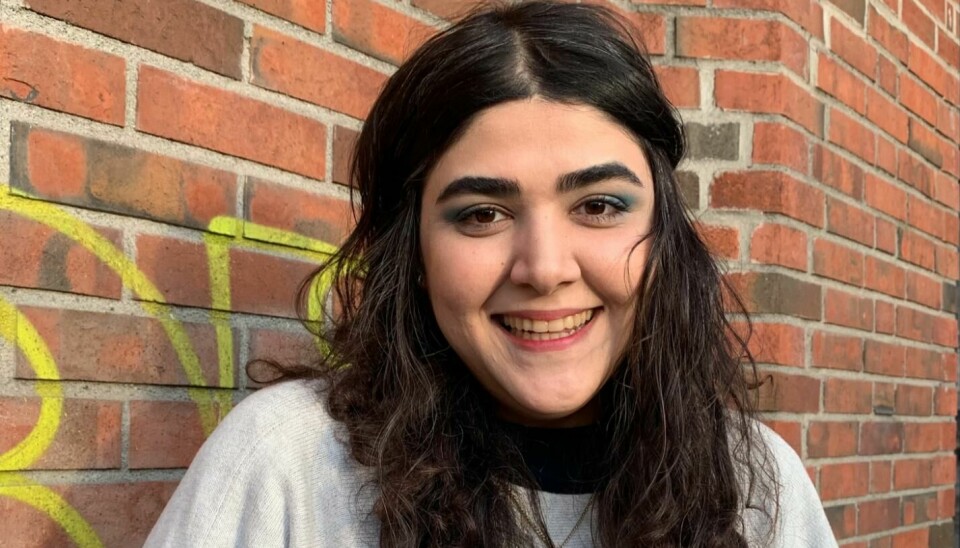
Neda from Iran, instead, doesn’t see eye to eye with Mirga on this matter. “When the revolution in Iran broke out a few months ago, I went through an extremely tough period, knowing that my family and friends were risking their lives every day.” Neda shared her issues with her thesis’s supervisor, because her psychological status was starting to affect her studies. “I was supported only by my supervisor, as for the rest, I felt like nobody cared: I didn’t receive any kind of support from the institution. An email, in which they could have affirmed that they were aware of Iranian students’ situation and that they were there in case of help, would have been enough for me. Instead, I felt quite invisible.” However, UiO did express its solidarity towards Iranian students under the section “News” of the university’s website homepage.
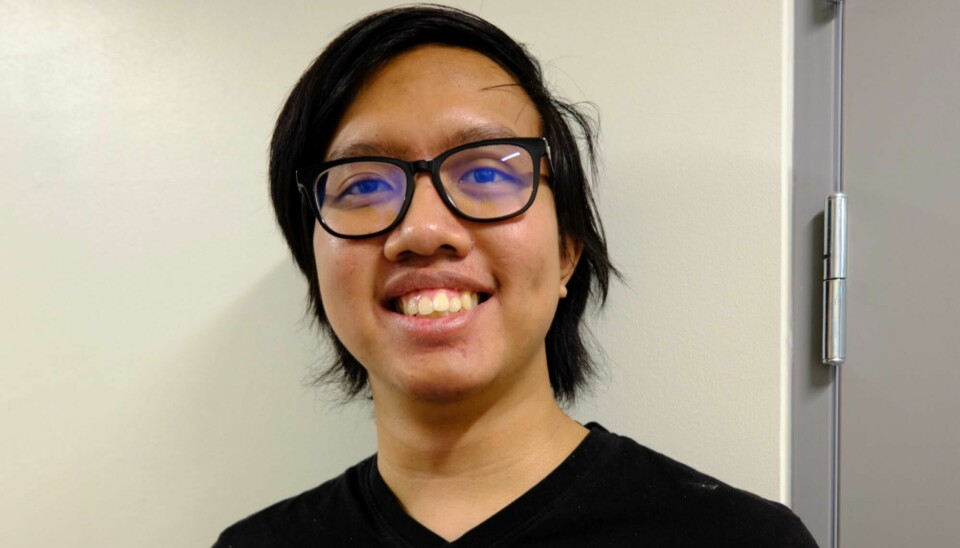
What is true is that many international full-time students think that the University’s attention is more focused on exchange students. Edilbert from Indonesia has been living in Norway for 4 years. “I crave the same opportunities of meeting other internationals that exchange students have,” he says. “It’s more difficult for us to get in touch with one another, since there aren’t specific events designed for us. When the protest against the introduction of tuition fees for non-EU students happened last semester, for instance, I wanted to participate in the mobilization, but I didn’t know how to reach other internationals. I feel we don’t really have a proper network here.”
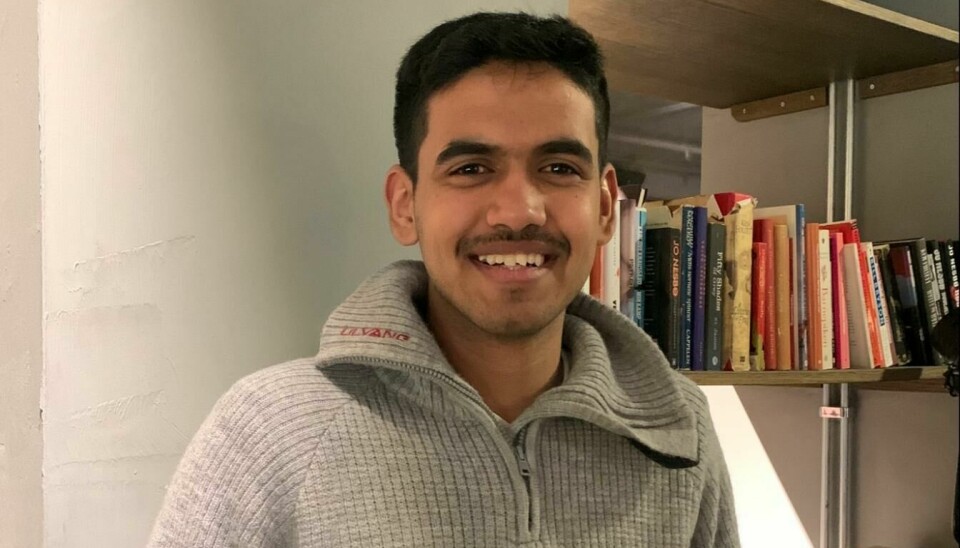
According to Malik, a full-time student from Pakistan, the fact that there aren’t many events for internationals is not a big deal. “Creating a programme only dedicated to us implies separating our activities from the Norwegians ones, which might lead in the end not to inclusion but to its opposite. I think you have to figure this out by yourself, by cultivating the same passions and hobbies you used to follow in your home country, for example. In this way, you might start feeling integrated with people who have the same interests as yours, which is a good starting point.”
The only thing that the University of Oslo should do, in Malik’s opinion, is to provide more courses of Norwegian language. As a matter of fact, international full-time students perceive the language as the most challenging barrier to integration. Most of them point out that since the knowledge of English is so well widespread in Norway, widening the range of cultural and academic events that the University of Oslo offers in English would represent to them a significant step forward in their involvement within the academic environment.
Internationals’ contribution to local economy
Given that international students represent a consistent community within Oslo population, conducting their lives here for a certain period, however long or short, contributes to the local business in several respects. Visiting museums and enjoying the cultural and entertainment offer of the city, hitting clubs, pubs, restaurants, using public transportation, paying rent for student houses, and so forth: these are just a few examples of the great impact that internationals’ presence imprints on the Norwegian economy.

Athletica gym in Kringsjå, for instance, turns out to be a good observatory of how much the use of city services by internationals is more relevant than it is commonly imagined. “A major part of memberships of SiO Athletica, especially in Kringsjå, as it is the biggest student village in Oslo, come from international students,” Henrik, Norwegian gym instructor at Athletica explains. “What is more, I guess that the comparison in terms of memberships between internationals and locals is 60% versus 40%. I also consider that,” he continues “internationals are more likely to join the gym, as it could be a social arena to meet new people, which I think they are more eager to do than the locals. At the same time, I believe the locals are really enjoying the 'non-traditional' foreign vibe Kringsjå can offer, too.”
Tourism is another wide sector to which international students strongly contribute, speaking in reference to economic flows. Norwegians themselves notice as well that especially those who are on exchange are more likely to visit Norway’s most renowned destinations, since they have a more condensed time to be spent here. Furthermore, internationals also help in promoting Norway’s image outside its borders and by telling people from their home country their experiences here and quirks they have assimilated from Norwegian lifestyle and culture.
Moreover, another way by which internationals can play a remarkable role in the Norwegian economy is obviously by doing part-time jobs. It’s nothing new that many choose to study and work at the same time to cope with the high costs of living Norway is famous for. The case of Justine, French exchange student, is exemplary to give an idea of the mutual sharing that can arise between internationals and Norwegian society through work. “I started working as a babysitter for a Norwegian family last semester,” she explains. “In my perspective, internationals can represent valuable sources for Norwegians by putting their knowledge and capabilities to the service of others. In my case, the fact that my mother language is French turned out to be quite an advantage, as the oldest daughter is interested in receiving French lessons.” A good example of how your cultural background may come in handy to the social environment you’re trying to plunge yourself into.
Volunteering is another path often chosen by internationals, not only to broaden their opportunities of socialization, but also to step into the shoes of active citizens that wish to contribute concretely to the better functioning of the community.
Cultural exchange: a core value towards an open mindset
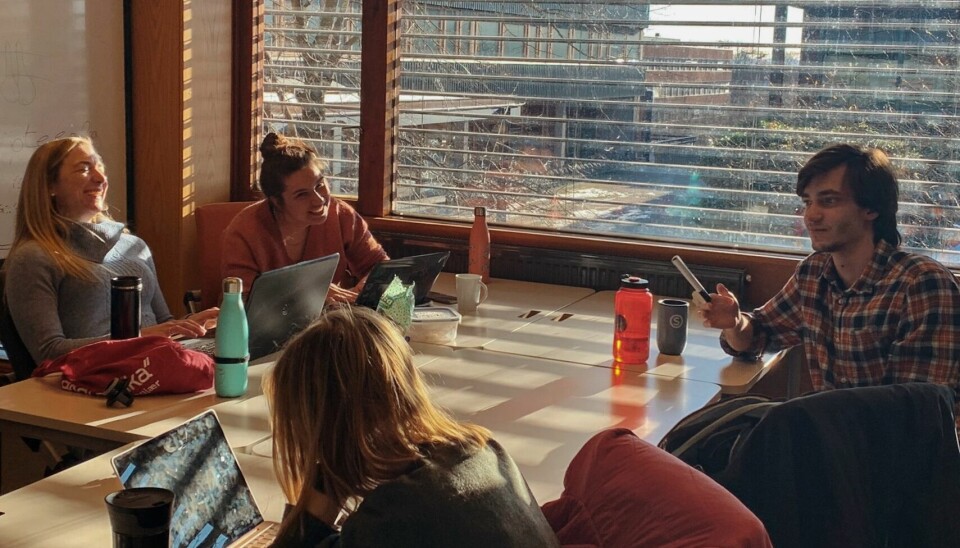
Last but not least, it’s no secret that international students are an outstanding resource when it comes to the diversity of thinking. Bringing their habits and traditions of their home countries to Norway, sharing freely ideas and opinions that come from different backgrounds, constitute a great enrichment to Norwegian culture and society. Norwegians are challenged to confront and to broaden their perspectives, which is an essential premise to the society’s open-mindedness, a core value they are attached to and proud of. In this sense, “There was a significant moment last semester,” tells Ioana, a Romanian exchange student, “during which I experienced a sort of concrete attempt from the society to listen directly to us, international students, for the very first time. It was the student reception that took place at the Oslo City Hall in November, strongly wanted by the city government of Oslo. We had the opportunity,” she explains, “to meet the Mayor and share our thoughts, issues and personal experiences regarding our life here, to contribute to the collective reflection on how to make Oslo a better city for us internationals as well.”
Lastly, the cultural exchange is more tangible than ever in the learning environment. According to Bruce Evan Barnhart, professor of Late 20th Century Literature in English at UiO, the presence of multiple perspectives and different ways of approaching things is extremely valuable, since it enhances the quality of the atmosphere in class by making it more stimulating for everyone. The field of research is full of people from outside Norway, which is always a good point for the prestige of universities: “It wouldn’t be the same for me,” he claims, “if I hadn’t had my team of internationals to back me up.”
